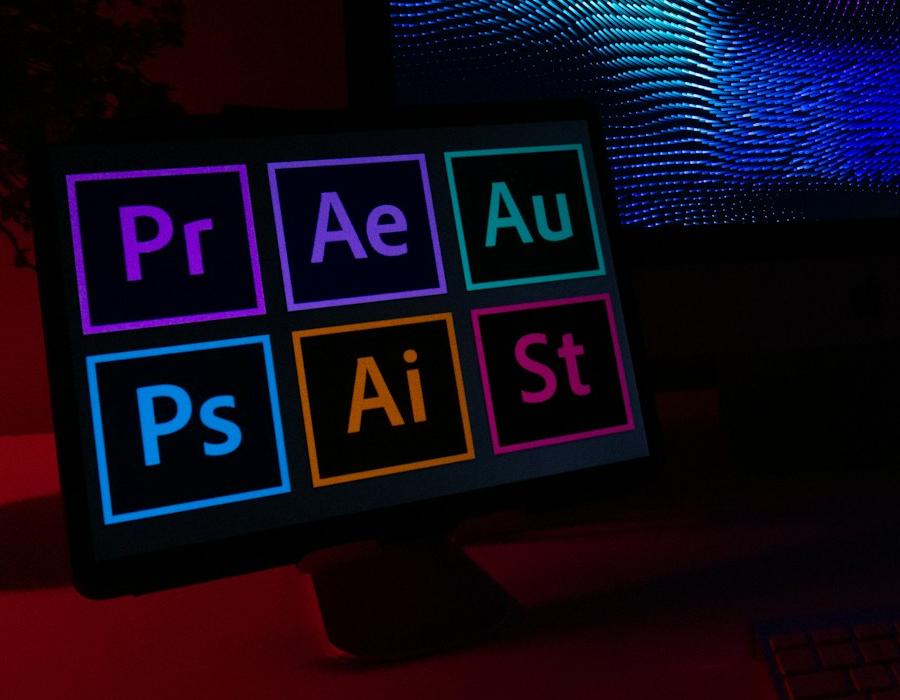
As Generative AI takes hold in a growing part of the creative landscape, photography has also fallen heavily under its sway (and manipulation).
Many companies that have spent years as bastions for photographers selling and editing their work, have also placed themselves at the center of this AI shift, and some of them are drawing some …interesting… conclusions.
In a recent article in the Wall Street Journal about how generative AI is changing stock photography, the reporter Katie Deighton notes a trend that’s downright ominous for many photographers:
“Industries such as marketing, publishing, music and news have long relied on stock photography to create, illustrate or promote their products for less cost than commissioning photos would require. AI’s new capability to generate realistic images from simple text prompts is now giving stock clients an affordable, fast alternative that comes with greater control of the final image.”
Some photographers have already indeed felt the crunch of this new trend and some worry deeply that AI will change the value of their own collections of stock content.
Specifically, the big concern is that AI might simply make it nearly worthless.
As one photographer comments to Deighton in the WSJ piece, she fears that her entire catalog could soon become obsolete.
Others have even gone as far as to argue that the entire stock photography industry is going to die.
This was the opinion of YouTuber Tony Northrup, who with his wife Chelsea Northrup runs a photography channel dedicated to tips of the trade.
He bluntly stated recently, “The stock photography industry is going away,”
With the sheer quantity of generative AI tools now available from many companies, and with the number of people using them to render visuals quickly and very cheaply (or even for free), it can seem hard to argue with that point.
Furthermore, the AI technology itself is only getting better.
While AI-rendered photos often resembled deformity-filled nightmares just a couple of years ago, today the best programs on the market can -with a bit of tweaking- create extraordinarily photorealistic images in seconds.
Sample image of the kinds of photorealistic visuals Midjourney AI can generate
Stock photography websites themselves are hardly helping.
The very bastions of the hard-built creative work of thousands of photographers who made a living from their stock material have heavily been investing in adding their own generative tools. Some of these companies also teach these tools to generate images right from the real stock photography their users have stored with their platforms.
For example, as PetaPixel notes, Shutterstock CEO Paul Hennessy recently stated during an earnings call that there’s still demand for real photos, while also noting that his company wants to push the sale of AI images too.
Getty Images has done something similar by launching its own AI image generator, and so too has Adobe.
In other words, the stock photographers selling their work through these and other sites seem to have plenty of competition from the machines now copying their work from the very same platforms.
Moving back to Adobe, the stance of one of its executives takes an even more radical turn.
Chief strategy officer and executive VP of design and emerging products Scott Belsky, recently stated,
“When artists say to me, ‘I hate generative AI, why are you even allowing it in any of your products?’ I’m like, ‘Because people are gonna go to illegitimate places and you’re going to end up getting paid nothing,’”
He further added, “This is a revolution, this is the new digital camera, and we have to embrace it.”
His words lean in the direction of a fear that many photographers have by now, of AI-generated photos completely replacing their work in certain industries, just because market forces push for it.
On the other hand, it makes you wonder: If companies like Adobe lose their photographers, who’s going to buy their software and why? The AI machines perhaps?

Despite all the above, not all is doom and gloom quite yet.
For one thing, among many people, real photos still hold weight for their human aesthetic value. This applies especially in the area of specialized photography in specific industries and of course, when it comes to fine art photos.
It’s also worth noting that the arrival of the stock photo industry itself never killed the commissioned photo market.
If anything, it grew, and many photographers still make their bread and butter by being hired by specific business or organizations to take specific photos that are unique to those projects.
With AI-generated photos, at least for the time being, the same will apply and so far shows no signs of slowing down.
Yes, many photographers will have to adapt to the changing landscape, just as photographers have been doing since the dawn of photography itself.
Also, the standards for getting noticed by paying customers will almost certainly go up for anyone who wants to stand above the flood of AI-generated generic images that are already saturating the stock photo markets.
Also, you can’t count on generative AI photo technology not getting much better. Currently, even the best of it often has a certain generic character that makes it hard to use for highly specialized photos, and much of it is even worse than that.
This however might change, and for certain things, AI-rendered images might indeed completely replace photographers.
However, none of these things are likely to kill human photography itself, even as a business.
Digital cameras and later, smartphone cameras didn’t kill any of photography’s classic spaces and AI likely won’t either, as long as photographers themselves adapt to meet changes and challenges.
As long as people want things created by other people, real photos will have their place, both commercially and artistically.
Credit : Source Post



